Refine search
Actions for selected content:
615760 results in History

Empires of Labor
- Coercion and the Making of the Modern World
- Coming soon
-
- Expected online publication date:
- January 2026
- Print publication:
- 31 January 2026
-
- Book
- Export citation

Mind and Psychology in Early China
- Coming soon
-
- Expected online publication date:
- January 2026
- Print publication:
- 31 January 2026
-
- Element
- Export citation
Design, Production and After-lives
- Three Godrej Objects and the History of Modern India
- Coming soon
-
- Expected online publication date:
- January 2026
- Print publication:
- 01 May 2027
-
- Book
- Export citation
Cold War Liberalism
- Power in a Time of Emergency
- Coming soon
-
- Expected online publication date:
- January 2026
- Print publication:
- 31 January 2026
-
- Book
- Export citation

The Philosophy of Antoine Arnauld
- Coming soon
-
- Expected online publication date:
- January 2026
- Print publication:
- 31 January 2026
-
- Book
- Export citation
An Ocean of Rumours
- News and Information in the Atlantic World
- Coming soon
-
- Expected online publication date:
- January 2026
- Print publication:
- 31 January 2026
-
- Book
- Export citation
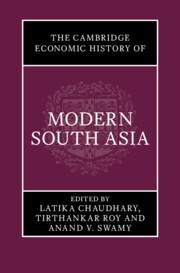
The Cambridge Economic History of Modern South Asia
- Coming soon
-
- Expected online publication date:
- January 2026
- Print publication:
- 31 January 2026
-
- Book
- Export citation

Art and Anti-Racism in Latin America
- Coming soon
-
- Expected online publication date:
- January 2026
- Print publication:
- 31 January 2026
-
- Book
- Export citation
Weeping Eyes
- Seeing and Feeling in the Sentimental Tradition
- Coming soon
-
- Expected online publication date:
- January 2026
- Print publication:
- 31 January 2026
-
- Book
- Export citation

The Invention of Technology
- An Intellectual History with Andre Leroi-Gourhan
- Coming soon
-
- Expected online publication date:
- January 2026
- Print publication:
- 31 January 2026
-
- Book
- Export citation
Family, Vocation, and Humanism in the Italian Renaissance
- Coming soon
-
- Expected online publication date:
- January 2026
- Print publication:
- 31 January 2026
-
- Book
- Export citation
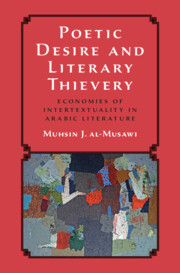
Poetic Desire and Literary Thievery
- Economies of Intertextuality in Arabic Literature
- Coming soon
-
- Expected online publication date:
- January 2026
- Print publication:
- 31 January 2026
-
- Book
- Export citation

Violence and Occupation
- The Red Army in the Balkans and Central Europe, 1944–1945
- Coming soon
-
- Expected online publication date:
- January 2026
- Print publication:
- 31 January 2026
-
- Book
- Export citation

Political Economy from Pufendorf to Marx
- Culture, Needs and Property Rights
- Coming soon
-
- Expected online publication date:
- January 2026
- Print publication:
- 31 January 2026
-
- Book
- Export citation
Captured Consent
- Contract Labor in English Charity, Colonization, and War, 1600–1700
- Coming soon
-
- Expected online publication date:
- January 2026
- Print publication:
- 31 January 2026
-
- Book
- Export citation

Aristippus of Cyrene, Pleasure and the Present
- Coming soon
-
- Expected online publication date:
- January 2026
- Print publication:
- 31 January 2026
-
- Element
- Export citation
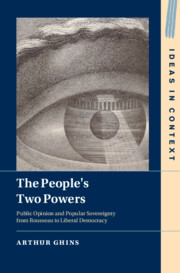
The People's Two Powers
- Public Opinion and Popular Sovereignty from Rousseau to Liberal Democracy
- Coming soon
-
- Expected online publication date:
- January 2026
- Print publication:
- 31 January 2026
-
- Book
- Export citation
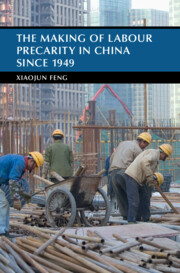
The Making of Labour Precarity in China since 1949
- Coming soon
-
- Expected online publication date:
- January 2026
- Print publication:
- 31 January 2026
-
- Book
- Export citation
Knowledge and Narrative
- Coming soon
-
- Expected online publication date:
- January 2026
- Print publication:
- 31 January 2026
-
- Element
- Export citation
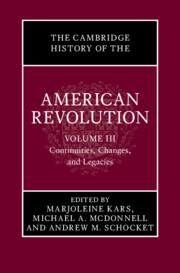
The Cambridge History of the American Revolution
- Coming soon
-
- Expected online publication date:
- January 2026
- Print publication:
- 30 October 2025
-
- Book
- Export citation
